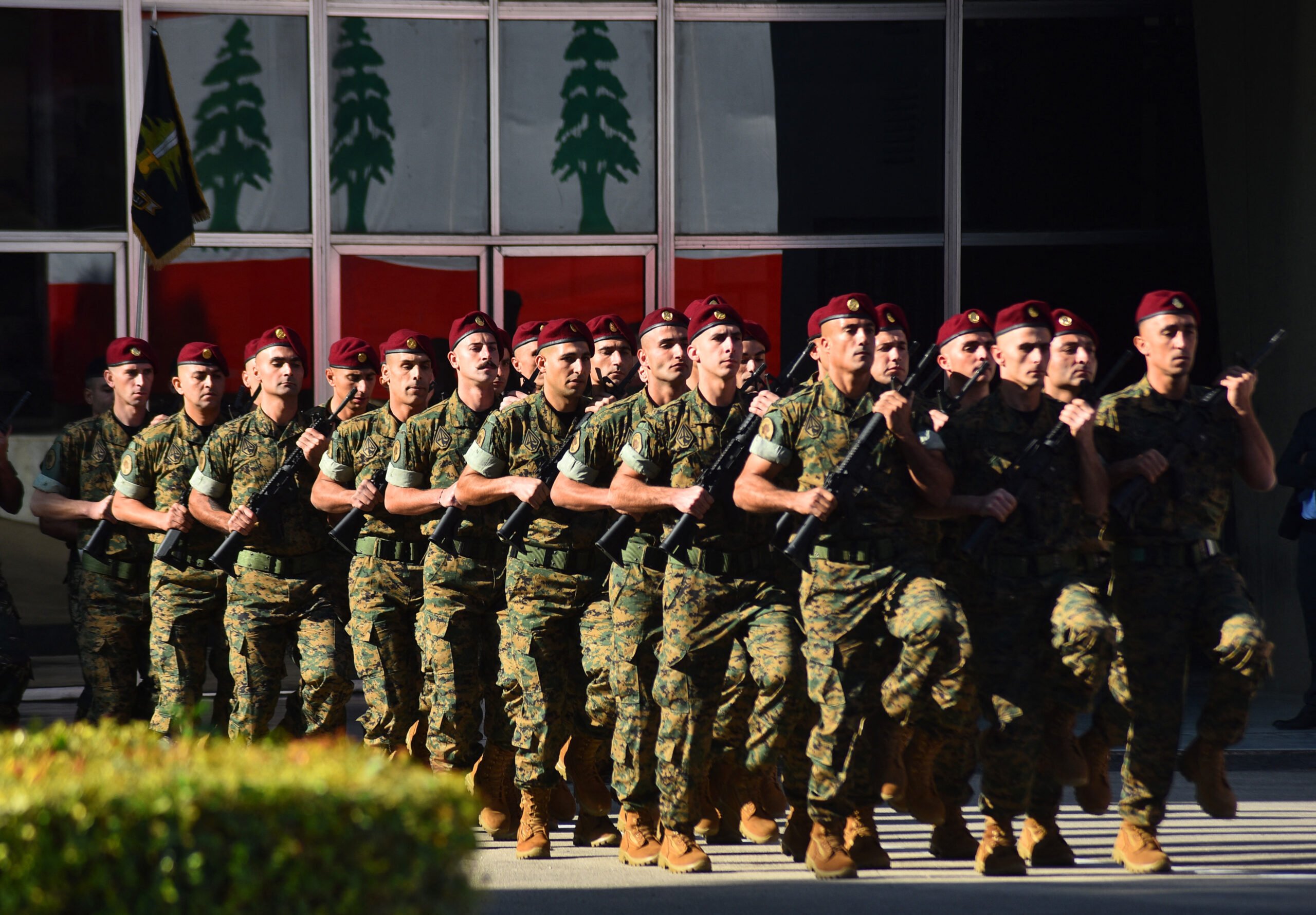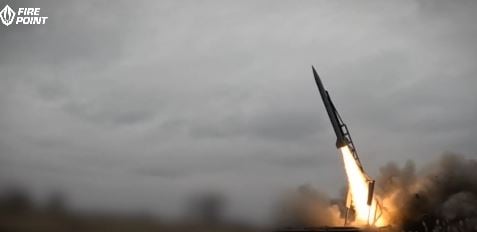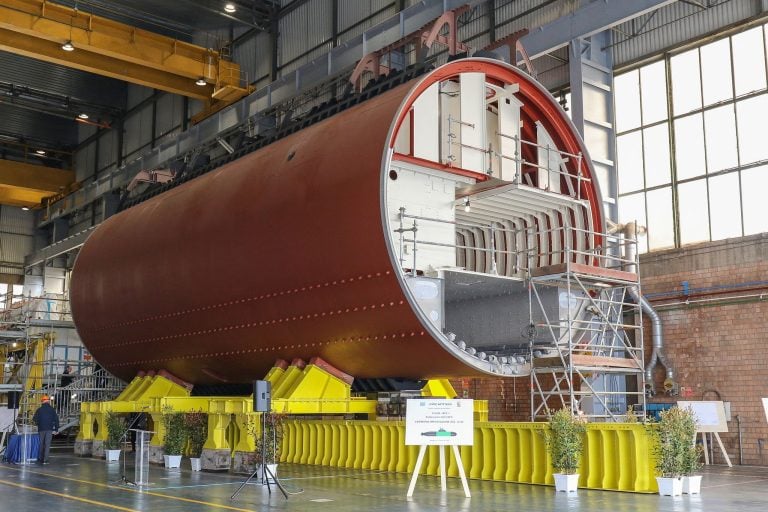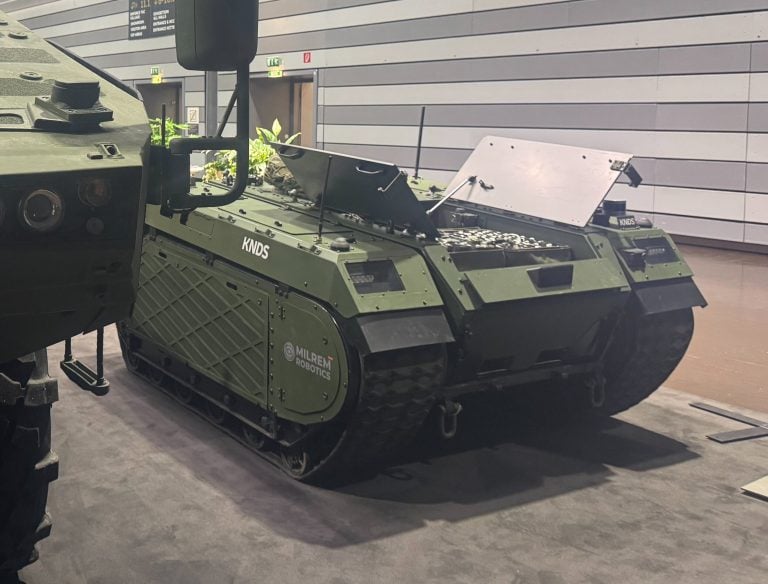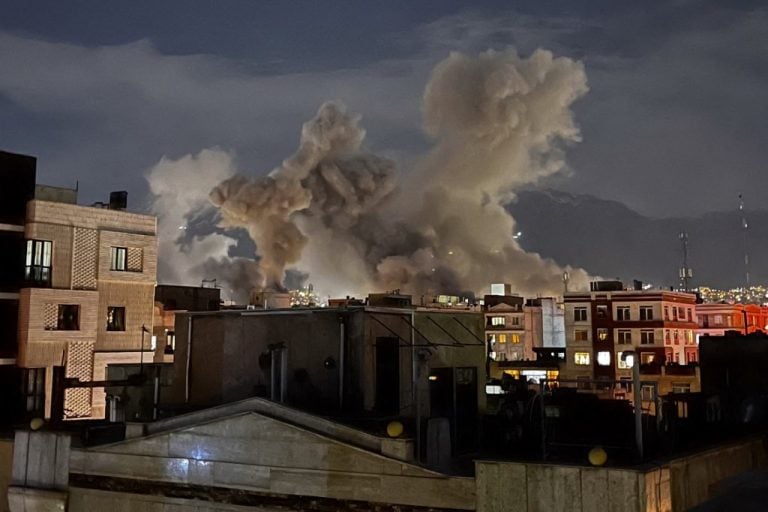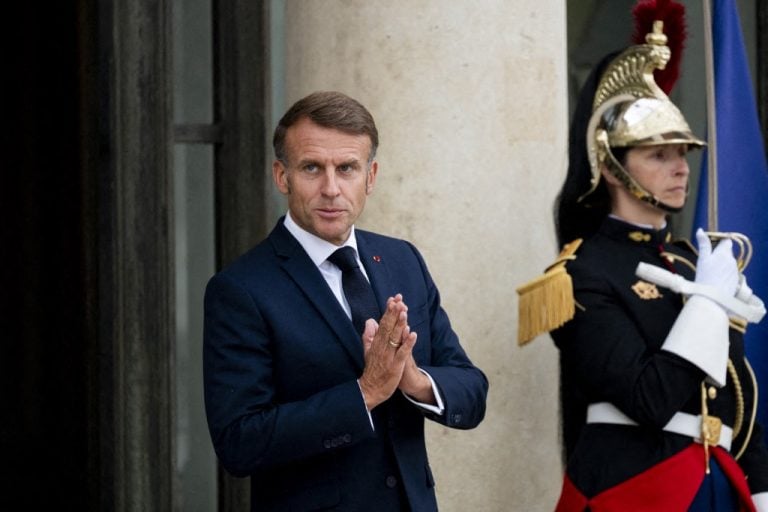The Lebanese army has reported significant progress in dismantling Hezbollah’s military infrastructure near the Israeli border, claiming to have removed “over 90 percent” of such facilities since the implementation of a ceasefire in November. This announcement came from a security official who chose to remain anonymous due to the sensitive nature of the information.
In a related statement, Lebanese President Joseph Aoun emphasized that the army now controls more than 85 percent of southern Lebanon. This declaration marks a substantial shift after the cessation of hostilities that lasted over a year between Hezbollah and Israel, which was formalized via a United Nations Security Council resolution. This resolution mandates that only Lebanese troops and United Nations peacekeepers should operate in southern Lebanon.
As part of the ceasefire agreement, Hezbollah was required to relocate its fighters north of the Litani River, approximately 30 kilometers (20 miles) from the Israeli border, and to dismantle any remaining military assets south of this river. The security official confirmed that a significant portion of Hezbollah’s extensive underground infrastructure in the area has been effectively “filled and closed” by the Lebanese military.
Furthermore, measures have been taken to enhance control over key crossing points into the southern region. This initiative aims to prevent the transfer of weapons from areas north of the Litani River to the south, further solidifying the Lebanese army’s authority in the region.
President Aoun, while on a trip to the United Arab Emirates, asserted that the Lebanese army is executing its responsibilities without any difficulties or opposition. He did acknowledge, however, that the complete deployment of troops along the border remains hampered by what he described as “Israel’s occupation of five border positions.” Although Israel committed to withdrawing its forces from southern Lebanon as part of the ceasefire, these strategic positions remain manned by Israeli troops.
In a positive note regarding cooperation, the security official indicated that Hezbollah has been compliant with the army’s actions, stating, “Hezbollah withdrew and said ‘do whatever you want’… there is no longer a military (infrastructure) for Hezbollah south of the Litani.” He also reported that most of the munitions discovered by the army were either damaged due to Israeli bombardments or in such poor condition that they could not be stored safely, resulting in the army opting to detonate them.
This ongoing dismantling and the collaborative environment are seen as steps toward stabilizing the region following years of tension and conflict.
